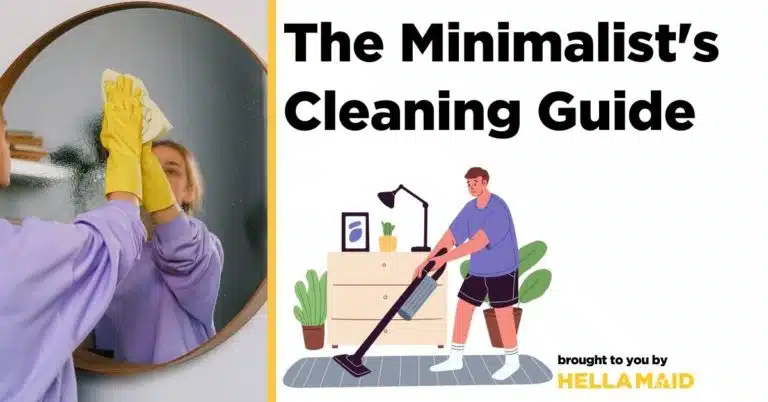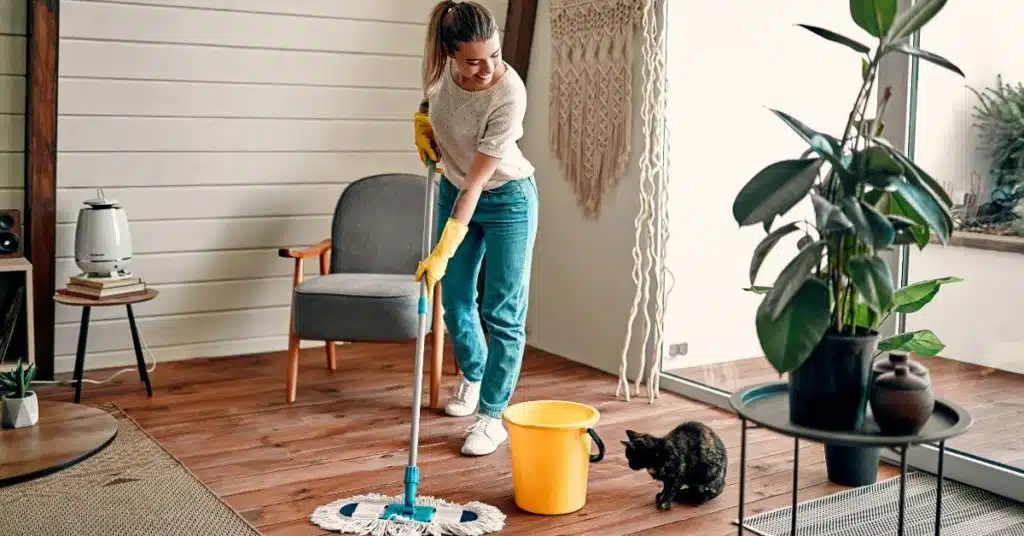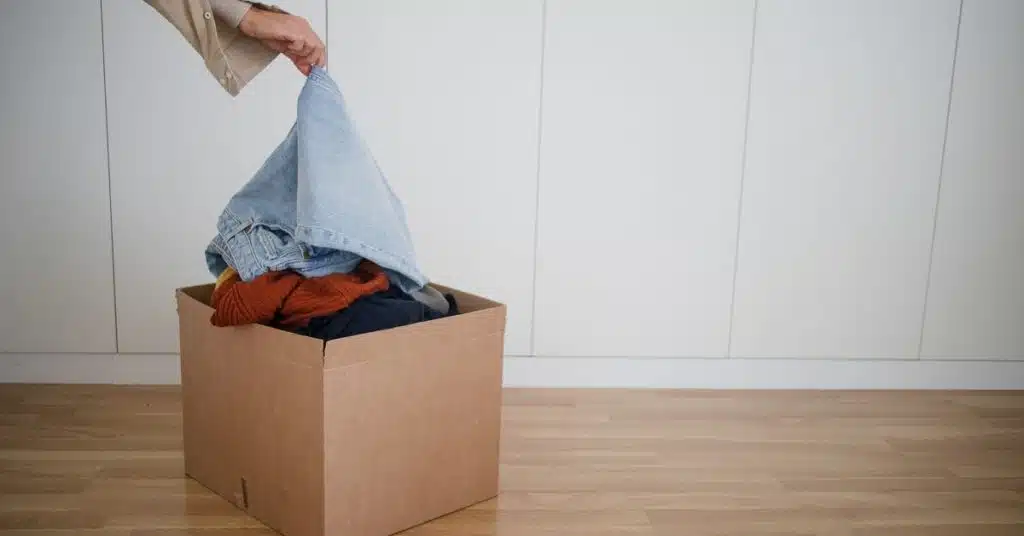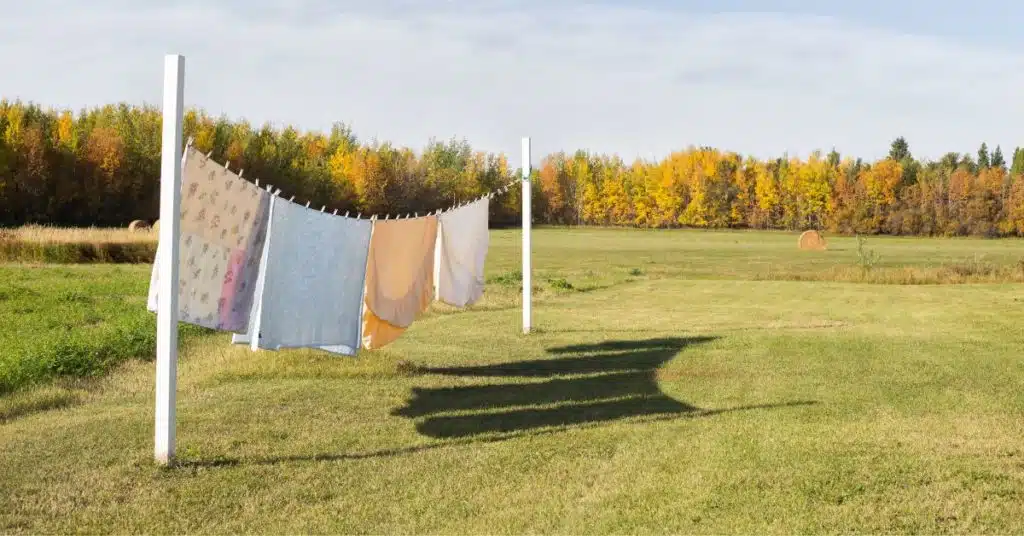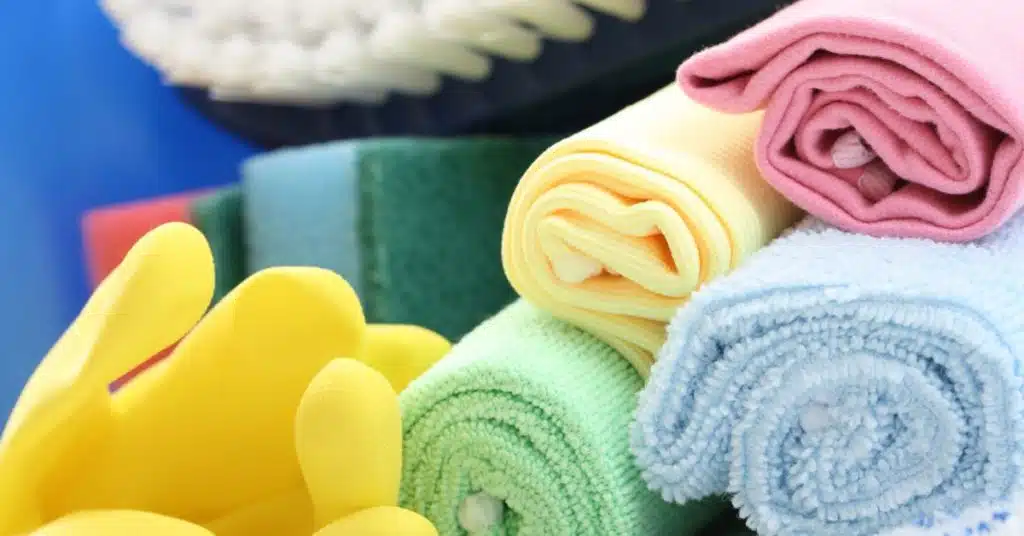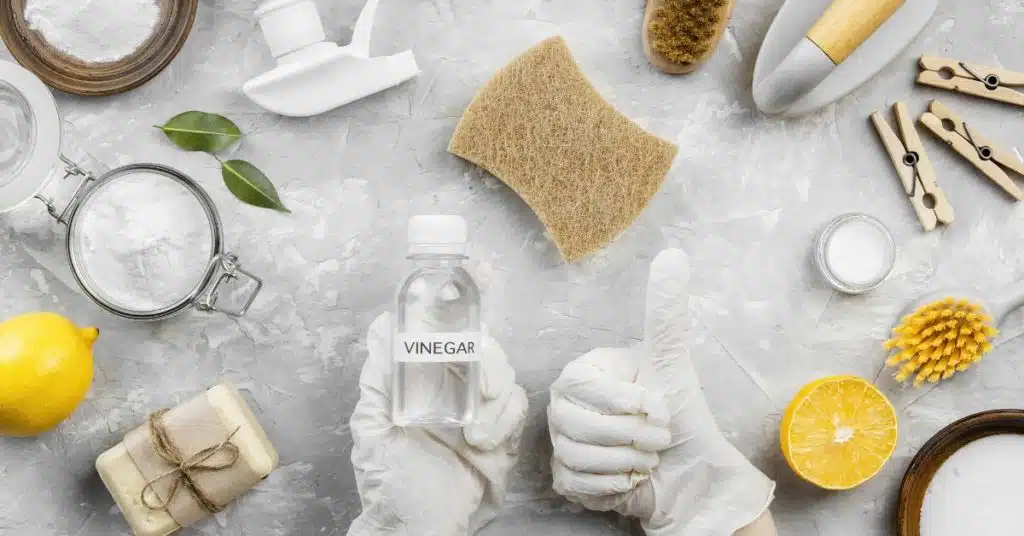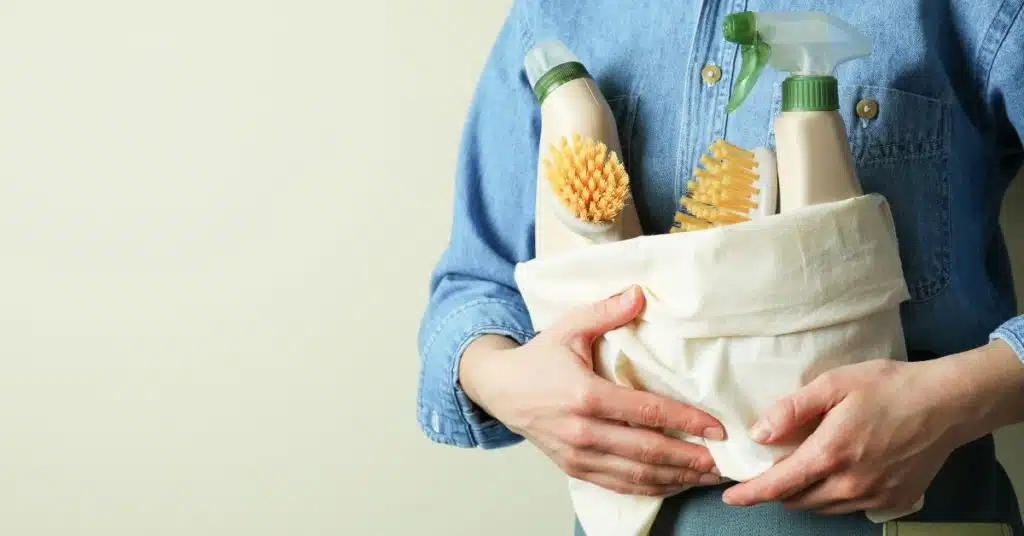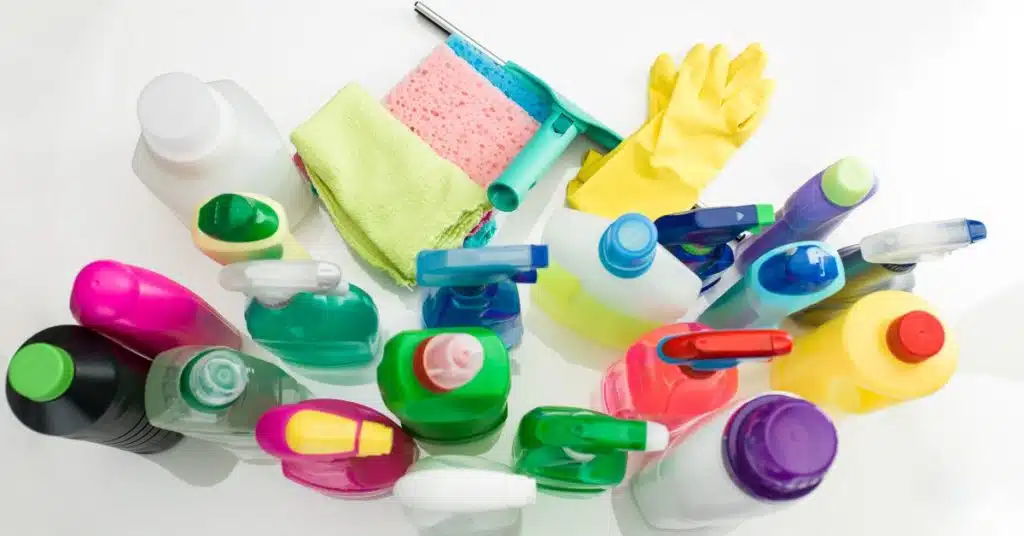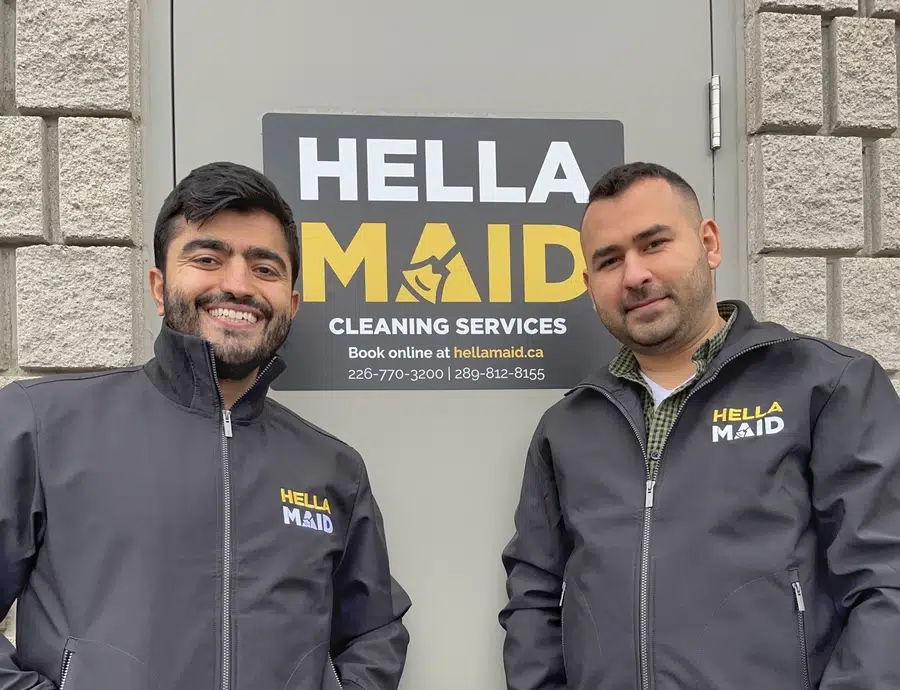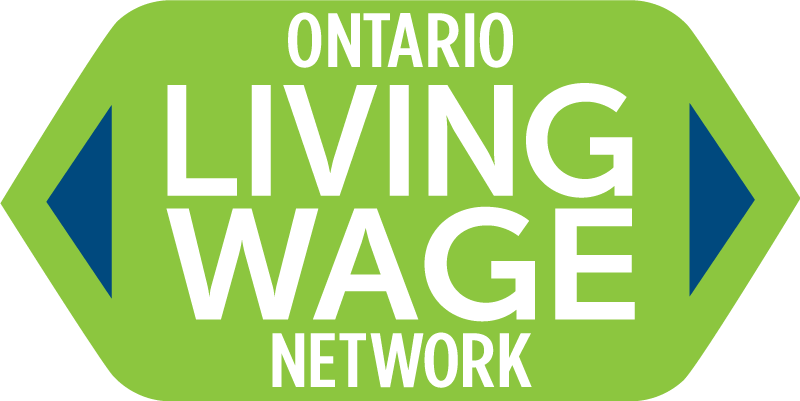Cleaning is essential in our daily lives, but it can often feel overwhelming and time-consuming. From scrubbing toilets to mopping floors, it’s easy to get lost in a never-ending cycle of cleaning tasks. However, for those who want to simplify their cleaning routine and reduce their environmental impact, adopting a minimalist approach to cleaning is a great solution. Minimalism is all about living with intention and purpose, and this approach can be applied to all areas of our lives, including cleaning. This article will explore some tips and tricks for streamlining your cleaning routine and reducing your environmental footprint.
Minimalist Cleaning: How to streamline your cleaning routine
Keeping a clean and organized home is important for our physical and mental well-being. However, with busy schedules and competing demands, finding time to clean can be a challenge. The good news is that with a few simple strategies, you can streamline your cleaning routine and make the process more efficient and effective. By focusing on key areas and adopting smart cleaning practices, you can create a clean and organized house without spending all your free time on cleaning tasks.
Simplify Your Cleaning Products
The first step to adopting a minimalist cleaning approach is simplifying your cleaning products. Many cleaning products contain harmful chemicals that can be damaging to both the environment and your health. Consider switching to natural cleaning products, which are better for your health and the planet. You can also reduce the number of cleaning products you use by using multi-purpose cleaners, such as vinegar or baking soda, which can be used to clean a variety of surfaces.
Declutter Your Space
Before you begin cleaning, take the time to declutter your space. A cluttered space can be overwhelming and make cleaning feel like an impossible task. Start by getting rid of anything you no longer need or use. You can donate, sell, or recycle items that are still in good condition and dispose of anything that can’t be reused.
Develop a Cleaning Schedule
A cleaning schedule can help you stay on top of your cleaning tasks and prevent them from becoming overwhelming. Decide on a set schedule that works for you, such as cleaning one room each day or designating one day each week for deep cleaning. Stick to your plan to ensure that your cleaning tasks are completed on time.
Use Reusable Cleaning Supplies
Instead of using disposable cleaning supplies, such as paper towels or cleaning wipes, switch to reusable alternatives. Microfiber cloths are the best option for cleaning surfaces, as they can be washed and reused multiple times. You can also use a mop with a removable, washable pad or a reusable dusting cloth instead of disposable dusters.
Use Energy-Efficient Cleaning Appliances
Choose energy-efficient models if you need to use cleaning appliances, such as a vacuum or washing machine. These appliances use less energy and are better for the environment. You can also lower your energy consumption by only running appliances when they are full and by using a clothesline to dry your clothes instead of a dryer.
Clean with Mindfulness
Finally, when you’re cleaning, try to do so mindfully. Instead of rushing through your cleaning tasks, take the time to appreciate the process. Focus on each task, and take pride in the work that you’re doing. Cleaning can be a meditative and calming activity when approached with mindfulness.
Minimalist Cleaning: How to reduce your environmental footprint
Cleaning can generate a lot of waste, but there are steps you can take to reduce your environmental impact. Here are some tips for reducing waste while cleaning:
Use reusable cleaning supplies
Using reusable cleaning supplies is a simple and effective way to reduce waste and promote sustainability in your cleaning routine. Unlike disposable cleaning supplies like paper towels, single-use wipes, and cleaning pads, reusable supplies can be used multiple times before they need to be replaced, reducing the amount of waste generated.
Popular reusable cleaning supplies for minimalist cleaning:
- Reusable cloths: Reusable cloths, such as microfiber or cotton cloths, can be used for a variety of cleaning tasks, including dusting, wiping down surfaces, and cleaning spills. They are durable and can be washed and reused many times, reducing waste and saving you money in the long run.
- Reusable sponges: Reusable sponges are a great alternative to disposable sponges. They can be used for a variety of cleaning tasks, such as washing dishes or wiping down counters. Some reusable sponges are even machine washable, making them easy to clean and reuse.
- Mop heads: Reusable mop heads, such as those made from microfiber, can be used to clean floors and other surfaces. They are durable and can be washed and reused many times, reducing waste and saving you money on cleaning supplies.
- Cleaning brushes: Reusable cleaning brushes can be used to clean a variety of surfaces, including dishes, grout, and tile. They are durable and can be washed and reused many times, reducing waste and promoting sustainability.
Make your own cleaning products
Making your own cleaning products is an efficient way to reduce waste, save money, and promote sustainability in your cleaning routine. Many common household cleaning tasks can be accomplished with simple, non-toxic ingredients that are easy to find and safe to use.
List of DIY Cleaning Products for Minimalist Cleaning:
- All-purpose cleaner: An all-purpose cleaner can be used to clean a variety of surfaces, such as counters, floors, and walls. To make an all-purpose cleaner, mix equal parts water and vinegar in a spray bottle, along with a few drops of essential oil for scent. This cleaner is safe, effective, and non-toxic, making it a great alternative to store-bought cleaners.
- Glass cleaner: To make a simple and effective glass cleaner, mix equal parts water and vinegar in a spray bottle, along with a few drops of dish soap. This cleaner is perfect for cleaning windows, mirrors, and other glass surfaces.
- Toilet cleaner: To make a non-toxic toilet cleaner, mix baking soda and vinegar in the toilet bowl and let it sit for 2-3 minutes before scrubbing with a toilet brush. This solution is effective at removing stains and odors and is safe for septic systems.
- Furniture polish: To make a natural furniture polish, combine the same amount of olive oil and lemon juice in a spray bottle. This mixture can be used to clean and polish wood furniture, leaving it shiny and protected.
Repurpose old rags and towels
Repurposing old rags and towels is an excellent way to reduce waste and promote sustainability in your cleaning routine. Instead of throwing away old rags and towels, consider giving them a new life as cleaning cloths.
Different Ways to Repurpose Old Rags for Minimalist Cleaning:
- Cleaning cloths: Old rags and towels can be cut into smaller pieces and used as cleaning cloths for a variety of cleaning tasks. They are particularly useful for cleaning up spills, wiping down surfaces, and dusting.
- Mop pads: Old towels can be cut into rectangular pieces and used as mop pads for cleaning floors. These can be attached to a mop head or used with a steam mop.
- Car washcloths: Old rags and towels can be used to wash and dry your car, saving you money on car wash supplies.
- Pet towels: Old towels can be used as pet towels for drying off your pet after a bath or washing.
Choose eco-friendly cleaning products
Choosing eco-friendly cleaning products is an important step in reducing your environmental impact and promoting sustainability in your cleaning routine. A lot of cleaning products contain harsh chemicals that can harm the environment and the health of humans. Here are some tips for choosing eco-friendly cleaning products:
- Look for natural, plant-based ingredients: Many eco-friendly cleaning products use natural, plant-based ingredients, such as essential oils, vinegar, and baking soda. These ingredients are biodegradable and non-toxic, making them safe for both the environment and human health.
- Avoid harsh chemicals: Many conventional cleaning products contain harsh chemicals, including bleach, ammonia, and phosphates, which are not good for the environment and human health. Look for products that do not contain these chemicals, or opt for natural alternatives.
- Choose products with eco-certifications: Look for cleaning products that have been certified by independent organizations, such as the Environmental Protection Agency’s Safer Choice program or the Leaping Bunny program. These certifications indicate that the product has been tested and proven to be safe for the environment and human health.
- Consider packaging: When choosing cleaning products, consider the packaging they come in. Look for products with minimal packaging or packaging made from recycled materials.
Avoid single-use wipes
Avoiding single-use wipes is an important step in reducing waste and promoting sustainability in your cleaning routine. Single-use wipes, such as disposable cleaning wipes or paper towels, are designed to be used once and then thrown away, creating a significant amount of waste. Listed below are some of the reasons why you must avoid single-use wipes:
- Environmental impact: Single-use wipes contribute to the growing problem of waste and pollution. They often contain non-biodegradable materials, such as plastic fibers, which can take hundreds of years to break down in the environment.
- Cost: Single-use wipes can be expensive, especially if you use them frequently. Over time, the cost of these products can add up, making them an unsustainable choice for your cleaning routine.
- Health concerns: Many single-use wipes contain harsh chemicals that can be harmful to human health. When used frequently, these chemicals can build up in the home environment, potentially causing health problems for you and your family.
- Alternative options: There are many alternative options to single-use wipes that are more sustainable and cost-effective. These include reusable cleaning cloths, microfiber cloths, and sponges.
Compost food waste
Composting food waste is a simple yet effective way to lessen your environmental impact and promote sustainability in your cleaning routine. Food waste that is thrown away in the trash can contribute to methane emissions, a potent greenhouse gas that contributes to climate change. By composting food waste, you can help reduce these emissions and create nutrient-rich soil for your garden. Here are some tips for composting food waste:
- Collect food scraps: Collect food scraps, such as fruit and vegetable peels, coffee grounds, and eggshells, in a compost bin or container. Keep the container in a convenient location, such as in the kitchen, to encourage regular use.
- Mix with other compostable materials: To create a nutrient-rich compost, mix your food scraps with other compostable materials, such as leaves, grass clippings, and yard waste.
- Turn the compost: Turning your compost regularly will help aerate it, allowing for faster decomposition and better nutrient absorption. Use a pitchfork or compost aerator to turn the compost once a week.
- Use the compost: Once your compost has fully decomposed, use it in your garden to nourish your plants and help them grow. The nutrient-rich soil will help your garden thrive and reduce the need for synthetic fertilizers.
Choose concentrated cleaning products
Choosing concentrated cleaning products is a simple yet effective way to reduce waste and promote sustainability in your cleaning routine. Concentrated cleaning products are designed to be more efficient and effective, requiring fewer products to achieve the same results as traditional cleaning products. Here are some reasons why you should opt for concentrated cleaning products:
- Less waste: Concentrated cleaning products require less packaging than traditional cleaning products, resulting in less waste in landfills and reducing the carbon footprint of the product.
- More efficient: Concentrated cleaning products are designed to be more efficient and effective, requiring fewer products to achieve the same results as traditional cleaning products. This means you can clean your home with less product, reducing the amount of waste and chemicals released into the environment.
- Cost-effective: While concentrated cleaning products may be more expensive upfront, they are more cost-effective in the long run. Because they require fewer products, you will need to purchase less frequently, saving you money over time.
- Versatile: Concentrated cleaning products can often be used for a variety of cleaning tasks, making them a versatile and convenient option for your cleaning routine.
Donate old cleaning supplies
Donating old cleaning supplies is a great way to reduce waste and promote sustainability in your cleaning routine. Instead of throwing away cleaning supplies that are still usable, consider donating them to a local charity, shelter, or non-profit organization. Here are some reasons why you should donate old cleaning supplies:
- Reduce waste: Donating old cleaning supplies helps reduce waste in landfills and promotes sustainability. It’s a simple yet effective way to reduce your environmental impact and ensure that used items are not wasted.
- Help those in need: Donating cleaning supplies to local charities and non-profit organizations can help those in need. Many shelters and community organizations rely on donations to provide essential supplies to those in need.
- Support local organizations: Donating to local charities and non-profit organizations can help support your community. It’s a great way to give back and help those in need while promoting sustainability.
- Simplify your home: Donating old cleaning supplies can help simplify your home and declutter your cleaning routine. By getting rid of items you no longer need, you can free up space and make cleaning more manageable.
Avoid overusing cleaning products
Avoiding the overuse of cleaning products is an important step in streamlining your cleaning routine and promoting sustainability. Overusing cleaning products not only wastes money but also contributes to unnecessary waste and pollution. Here are some reasons why you should avoid overusing cleaning products:
- Reduce waste: Overusing cleaning products can result in excessive waste, contributing to the growing problem of pollution and waste in our environment. By avoiding overuse, you can reduce the amount of cleaning products you need to purchase and dispose of.
- Save money: Overusing cleaning products can also lead to unnecessary spending, as you may end up using more products than is actually necessary. By using cleaning products in moderation, you can save money over time.
- Minimize chemical exposure: Many cleaning products contain harsh chemicals that can be harmful to your health if overused. By using cleaning products in moderation, you can minimize your exposure to these chemicals and promote a healthier, more natural cleaning routine.
- Protect the environment: Overusing cleaning products can result in unnecessary pollution, as these products often contain chemicals that can be harmful to the environment. By using cleaning products in moderation, you can help protect the environment and promote sustainability.
Use natural air fresheners
Using natural air fresheners is a great way to streamline your cleaning routine and promote sustainability. Many commercial air fresheners contain harmful chemicals that can be harmful to your health and the environment. Here are some reasons why you should use natural air fresheners:
- Promote a healthier home environment: Natural air fresheners are made from non-toxic ingredients that are safe for your health and the environment. By using natural air fresheners, you can promote a healthier home environment and reduce your exposure to harmful chemicals.
- Reduce waste: Many commercial air fresheners come in non-recyclable containers that end up in landfills. By using natural air fresheners, you can reduce waste and promote sustainability.
- Save money: Natural air fresheners are often less expensive than commercial air fresheners, and many can be made with ingredients you already have in your home. By using natural air fresheners, you can save money and simplify your cleaning routine.
- Enjoy a natural scent: Natural air fresheners often have a more subtle and pleasant scent than commercial air fresheners. By using natural air fresheners, you can enjoy a natural scent that is free of harsh chemicals and synthetic fragrances.

